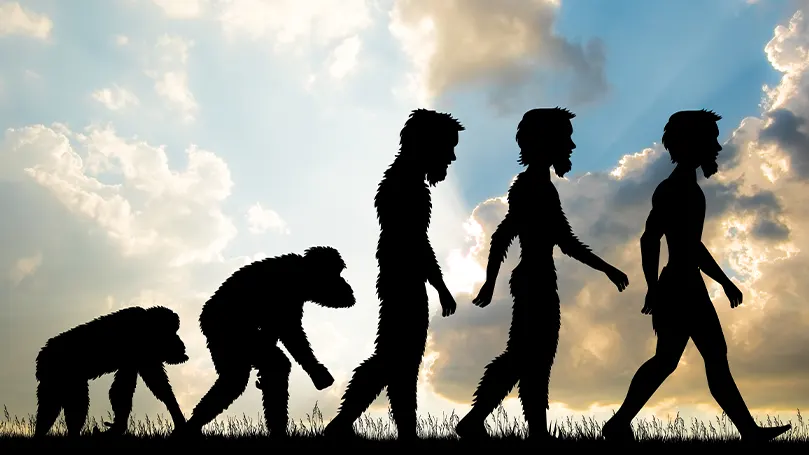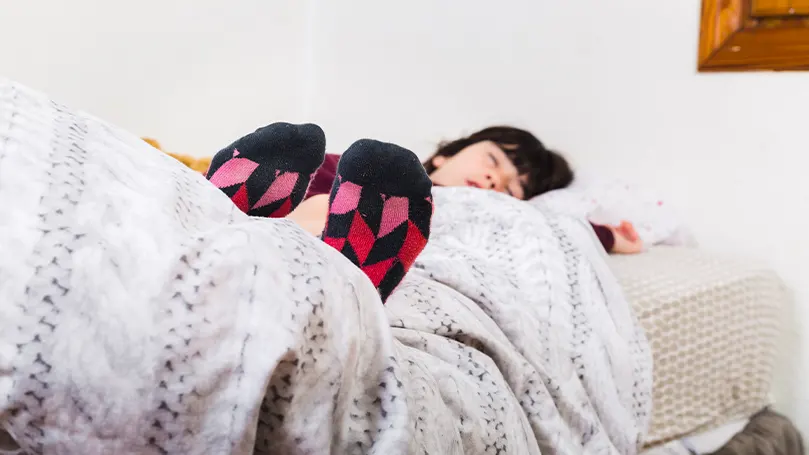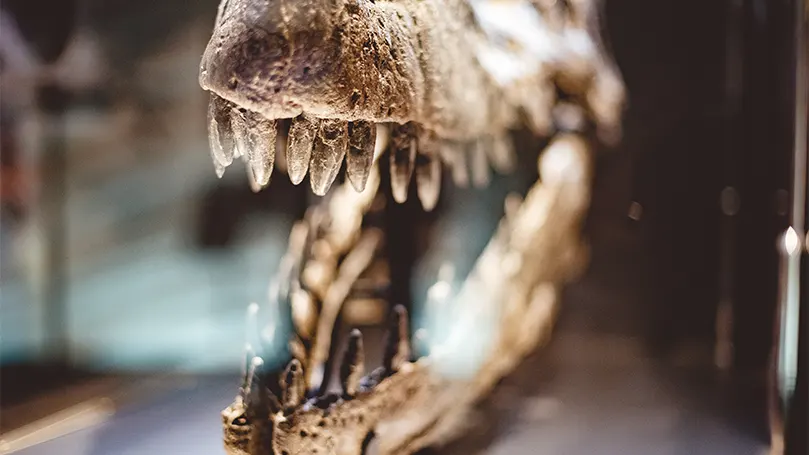What is Darwin Day?
Darwin Day is celebrated on February 12 in honour of the birth of the English scientist Charles Darwin. It is an opportunity to emphasize his contribution to science and celebrate science in general. Celebrations in his name have been organized since his death on April 10, 1882. He was born in the English town of Shrewsbury, where this festival has been celebrated since 2003 and lasts throughout February.
Various events are organized, from formal dinners, workshops, symposiums, lectures, debates, competitions, concerts, poetry evenings, plays, museum exhibitions, and educational trips. The biggest celebrations occurred in Shrewsbury and the Natural History Museum in London.
On the origin of species
He was a British naturalist, biologist, and geologist best known for his theory of evolution. Evolution through adaptation to the environment. He came to this discovery thanks to various small finches. They all looked different. Some had a thick beak with which they collected seeds, others a very long and thin beak with which they could easily penetrate the flowers. All this indicated adaptation to different types of nutrition.

Darwin wrote many books before On the Origin of Species, but they were less known. It was published on November 24, 1859, in London. Now one of the original works is in the Natural History Museum. It presented a revolutionary theory that changed the world forever – the theory of evolution. Although the book was first respected in the scientific community, it caused numerous controversies after its publication. Then there was a turning point in modern biology.
The evolution of sleep
What is the role of sleep in evolution and how has sleep evolved over time? Sleep is a way of conserving and renewing energy. For example, invertebrates have similar sleep patterns to more complex organisms. The connection between sleep in invertebrates and vertebrates indicates that sleep appeared as an evolutionary mechanism long ago. In that case, reptilian animals are the common ancestors of birds and mammals. There is a possibility that birds and mammals inherited a form of sleep that is present in a common ancestor, or they may have developed sleep independently.

How to celebrate Darwin Day?
If you belong to the group of Darwin enthusiasts, come up with fun activities on this topic. For example, you can make dinner with as much biodiverse food as possible. However, you can do a lot more.
Visit the Natural History Museum
There is no better way to celebrate this day than to visit the Natural History Museum in London. Not only will you find a lot of information about Darwin there, but you will be able to participate in many other activities. The program's content varies, so make a plan before you go. In addition to the standard lineup, new exhibits are often worth seeing. Since there are programs for children, you can also bring younger family members.

Read books and watch science channels
Reading is really useful; it provides new adventures with each new page read and allows our improvement in many ways. Books are often handy and practical, especially Darwin's. That's another activity you can do on this day. If you don't have enough time or are not a fan of books, you can always watch documentary series and movies on this topic.
However, many need more time to read. If you don't have that habit, you probably have a greater preference for content that provides you with immediate and obvious benefits. In that case, opt for documentary series, films on this topic, and science channels.
What is sleep?
Sleep has a physiological and biological function in the form of resting the body primarily for the next day or the next period. It also affects our mental processes. However, many people have insomnia, problems and sleep disorders such as sleep apnea or restless legs syndrome. What does it mean when we can't sleep? For example, if you do not sleep well enough, there is a risk of chronic fatigue. Since the body performs several critical processes during that time, sleep must be peaceful and uninterrupted.

Menopause, a poor medical condition, psychological stress or excessive mental stimulation can also cause insomnia. Another factor is nutrient deficiencies. Stress can also be a cause, as it causes structural and functional changes in our brains. What happens to our bodies while we sleep? During sleep, the heart rate decreases for 10-30 minutes, and this results in a decrease in blood pressure. The digestion process is slowed because minimal energy is needed during the night. Even though you change your position often at night, all the muscles are still relaxed. In this way, they rest and regenerate, just like our skin.
Sleep in humans
We need air, water and food to live. However, the need for sleep is equally essential. Depending on individual needs, an adult's recommended sleep duration is 7-9 hours of sleep. The amount of human sleep also depends on age, but it is different for children. They need 13 hours of sleep due to intensive growth and development. Fortunately, sleep deprivation can be compensated for. For example, if you didn't sleep well for a few nights, you can make up for it over the next few days.
Be careful with that, as this applies to exceptions. It is not feasible for a long time because you will disrupt the sleep and circadian rhythms. Compensation takes place exclusively at night, not by sleeping in the afternoon. It is important to distinguish between the quality and quantity of sleep. The body needs deep sleep to rest genuinely.
Sleep in animals
From dogs that take little naps throughout the day to dolphins that sleep with one-half of their brain active – sleep research showed animal sleep function and sleep habits are different. However, the common thing is the need for rest. While humans are monophasic sleepers, mammalian sleep is a multiphasic process. It involves alternating periods of sleep and wakefulness within a 24-hour cycle. Unihemispheric slow-wave sleep is a sleep pattern in whales, manatees and some birds. With them, half of the brain is always on alert. Therefore, in animals, sleep is a period of reduced activity and ability to react. It can be easily reversed but requires compensation if a deficit occurs.
Benefits of a good night’s sleep
Get more sleep (especially REM sleep – rapid eye movement) if you're looking for more motivation, better concentration, and overall health. According to experts, sleep is one of the most effective biological ways to rest and gather energy for daily activities.
Improving your immune system
Getting enough sleep and rest is critical if you think your immunity is weak or want to maintain it. It will strengthen your body, help you recover faster from the disease, and protect you from it. Otherwise, the body will need food that contains more sugar and fat. A greater appetite is mainly the result of a lack of energy because the body wants to compensate for it in this way. Feeling tired can demotivate you to engage in physical activity, which is another vital thing for the immune system.
Maximizing productivity
When you provide your body with enough energy, it can more easily cope with everyday challenges such as studying or physical activity. Quality sleep is directly related to relaxation and ease of movement. So, the most powerful strategy for the mind and body is an optimal 7-9 hours of sleep. If you are relaxed enough, you can manage everyday anxiety more easily. You will improve your creative thinking as well as your everyday choices.
Weight loss
What is the relation between sleep deprivation and excess weight? Taking care of our physical appearance is part of our everyday life, but there is a lot of effort behind it. So that it is not in vain, try to get enough sleep every night. This habit is a key ally in the fight against excess weight. While resting, you recharge your batteries, restore your body and lose weight. It may sound too good to be true, but there is an explanation behind it. Sleep deprivation increases ghrelin levels and decreases leptin levels.
Ghrelin is the hormone that makes us feel hungry, while leptin makes us feel full. The body has a biorhythm according to which it functions, and sleep is an essential factor that affects it. More precisely, it affects the slowness of metabolism. It depends on lifestyle habits; sleeping and waking up simultaneously will also set the meals.
Preventing depression and getting a mood boost
Lack of sleep can negatively affect your mental health and nervous system making you irritable, nervous, and lose focus quickly. Sleep deprivation studies regarding the adult brain proved there is a high chance that your immunity will decrease with irregular sleep cycles. Such problems can harm your self-confidence, mood, behaviour and how you think and view situations in life. The brain cannot function well enough under fatigue and that will lead to taking sleep medicine.
You need sleep to think clearly and make decisions. That is why the quality of sleep affects both private and business life. Due to lack of sleep, the ability to make rational decisions based on facts also decreases. Another symptom is exaggerated emotions.
Better overall health
Numerous studies have shown that adequate sleep can improve fine motor skills, muscle strength and endurance, and problem-solving skills. Therefore, it affects all physiological functions. Low quality and duration of sleep can increase the risk of developing various diseases. For example, it increases the risk of high blood pressure, especially in those with obstructive sleep apnea. It also affects sugar metabolism and the risk of type 2 diabetes. Experts associate it with more frequent inflammatory processes in the body.
Conclusion
The idea of a revolution in biology is certainly not exclusively Darwin's. This idea existed as early as the 7th century BC. Before Darwin, it was also represented by the Catholic scientist Jean-Baptiste Lamarck. However, he saw things from a different angle. Darwin's theory intrigued scientists, so by the time of his death, the theory of evolution slowly permeated science, literature and politics. Although he was an agnostic, today, he is considered one of the most important individuals in human history. His book “On the Origin of Species” is the most important academic book ever written.
Spread the word
Recommended reading:















There are no comments yet
"*" indicates required fields